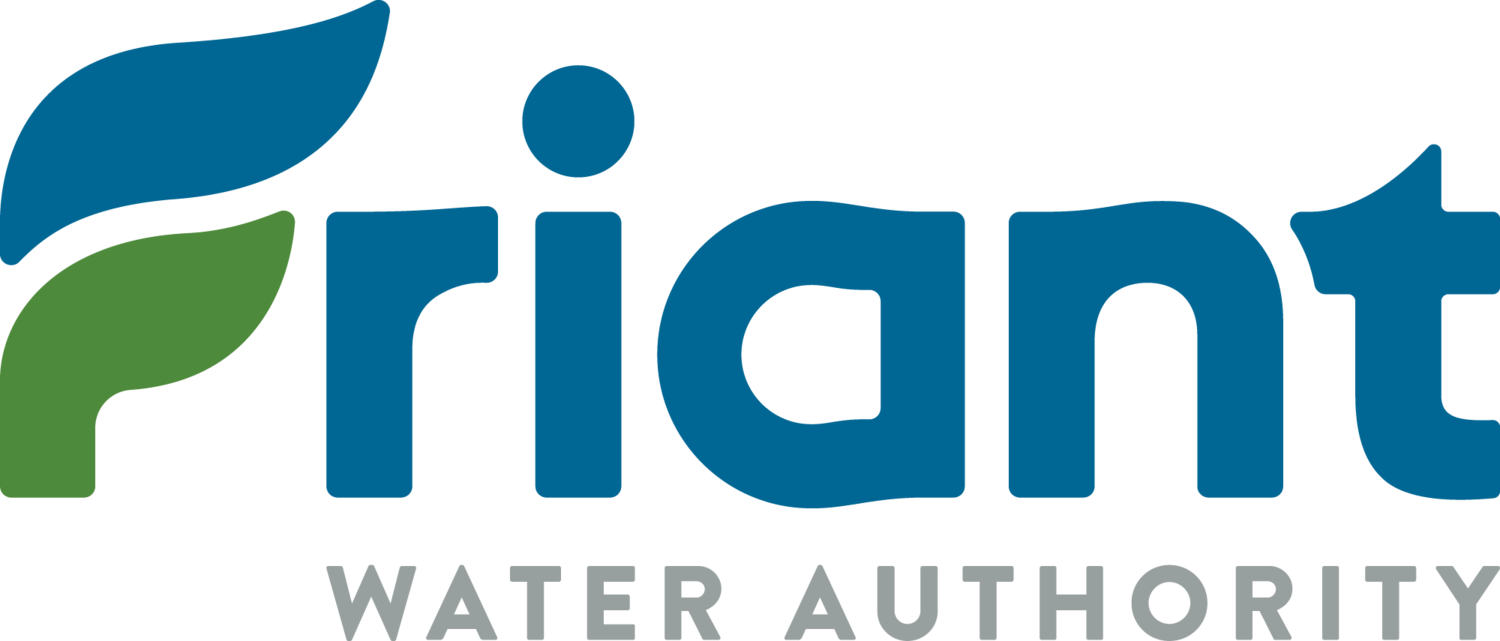At their July 27, 2017 meeting, the Board of the Directors passed a resolution in support of the Water Supply and Water Quality Act of 2018.
If approved by voters, a portion of the measure would appropriate $750,000,000 for a grant to the FWA for water conveyance capital improvements, including restored and increased conveyance capacity to and in the Madera and Friant-Kern canals. This will result in greater groundwater recharge, improved conveyance and utilization of flood waters, and water conservation.
Kent Stephens, Chairman of the FWA, described the difficult reality facing the San Joaquin Valley, “The effects of surface water shortages and drought are still being felt throughout the San Joaquin Valley. Many farmers made ends meet in the recent drought by shifting heavily to groundwater – which is the type of conjunctive management the Friant system was designed to handle. However, this temporary shift followed decades of water supply reductions from Delta, because of regulatory changes that have shifted all San Joaquin Valley growers heavily over to groundwater. The combination of these conditions has caused significant groundwater overdraft and land subsidence throughout the San Joaquin Valley.“
In the past year, land subsidence has significantly reduced the capacity to move wet-year water from Millerton Lake to groundwater recharge and in-lieu projects throughout the San Joaquin Valley. In places, the Friant-Kern Canal has lost 60% of its original capacity. This large degree of capacity loss puts a tremendous constraint on the movement of flood condition water supplies. With the investment provided for in the bond, significant public benefit can be realized, including avoiding increased unemployment, stabilization of groundwater along the 150-mile length of the Friant-Kern Canal and for those disadvantaged communities that rely on groundwater, and securing a more stable food supply for California. Without this investment, the subsidence will continue to get worse and those local communities, including disadvantaged communities, who largely rely on groundwater to serve their citizens, will continue to suffer adverse effects.
The bond would also provide funding for other actions beneficial to the San Joaquin Valley, including $685 Million for projects and programs that support sustainable groundwater management, and $750 Million to provide disadvantaged communities with clean, safe, affordable, and reliable drinking water. For a complete summary of the bond measure, visit http://n-h-i.org/programs/water-management-reform/california-water/california-water-bond/.
Contact:
Media@friantwater.org
